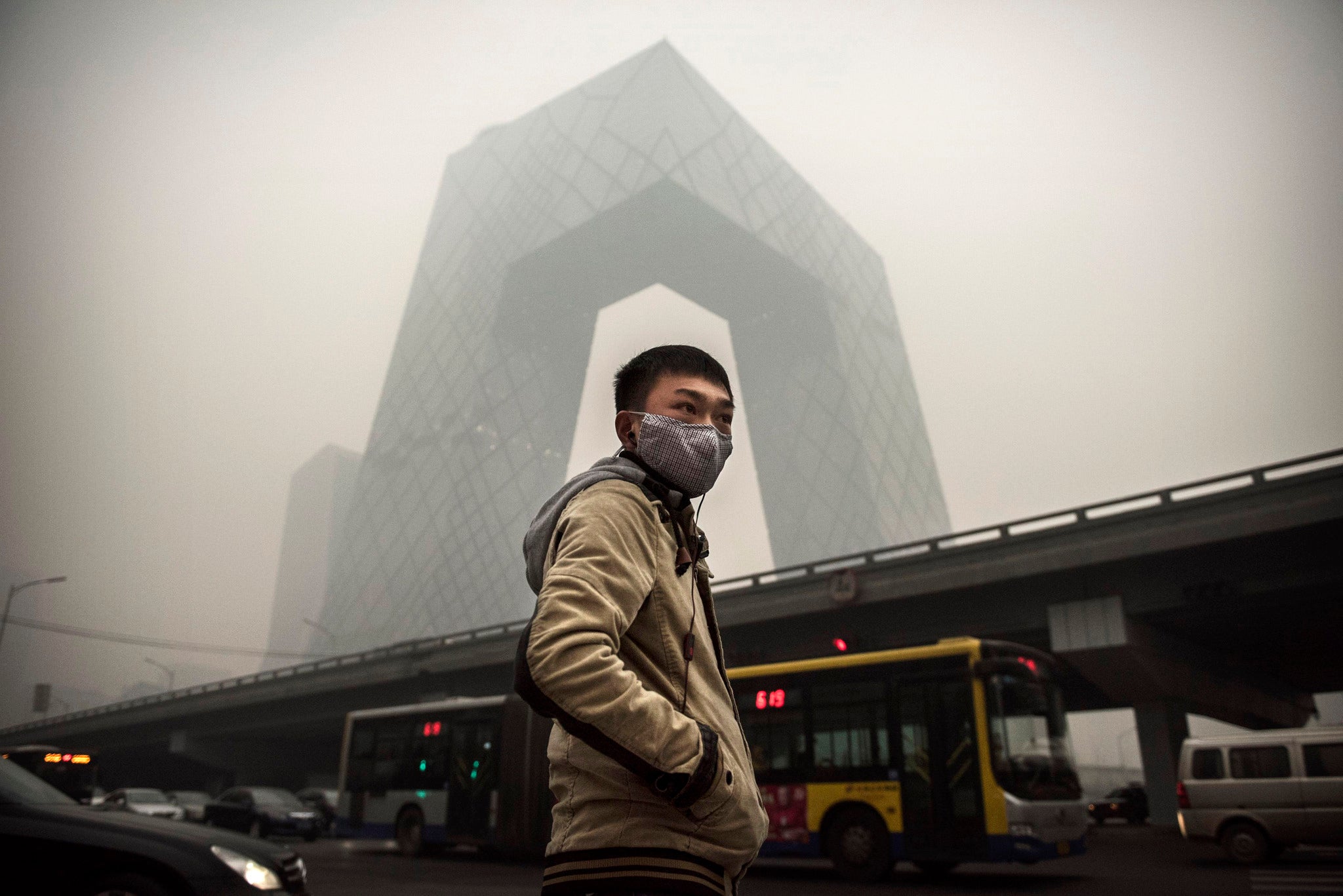Air pollution kills five million people per year, research finds
China and India are thought to be the worst affected countries

Your support helps us to tell the story
From reproductive rights to climate change to Big Tech, The Independent is on the ground when the story is developing. Whether it's investigating the financials of Elon Musk's pro-Trump PAC or producing our latest documentary, 'The A Word', which shines a light on the American women fighting for reproductive rights, we know how important it is to parse out the facts from the messaging.
At such a critical moment in US history, we need reporters on the ground. Your donation allows us to keep sending journalists to speak to both sides of the story.
The Independent is trusted by Americans across the entire political spectrum. And unlike many other quality news outlets, we choose not to lock Americans out of our reporting and analysis with paywalls. We believe quality journalism should be available to everyone, paid for by those who can afford it.
Your support makes all the difference.Air pollution kills more than 5.5 million people every year, new research has suggested.
Researchers investigated indoor and outdoor air pollution levels in order to calculate the impact on health.
Power plants, industrial manufacturing, vehicle exhaust and burning coal and wood were all named by scientists as sources of small particles that lodge in the lungs and endanger health.
More than half of these deaths take place in either China or India. In 2013, an estimated 1.6 million people died in China and 1.4 million people died in India due to health complications or conditions related to air pollution.
In China, burning coal was the biggest contributor to air pollution. In India, the practice of burning wood, animal dung and other forms of biomass for cooking and heating is cited as the leading cause.
The research was undertaken by the World Health Organisation as part of their Global Burden of Disease project and was presented at the annual meeting of the American Association for the Advancement of Science.
Professor Michael Brauer, from the University of British Columbia in Canada, said: “Air pollution is the fourth highest risk factor for death globally and by far the leading environmental risk factor for disease.
“Reducing air pollution is an incredibly efficient way to improve the health of a population.”
Dan Greenbaum, president of the Health Effects Institute, a Boston-based non-profit organisation that sponsors efforts to analyse air pollution from different sources, said: “Having been in charge of designing and implementing strategies to improve air in the United States, I know how difficult it is. Developing countries have tremendous task in front of them.
“This research helps guide the way by identifying the actions which can best improve public health.”
With additional reporting by PA
Join our commenting forum
Join thought-provoking conversations, follow other Independent readers and see their replies
Comments